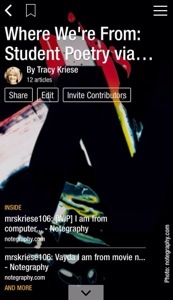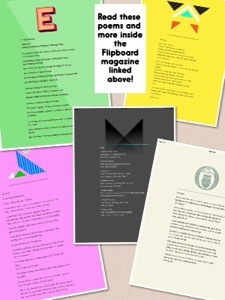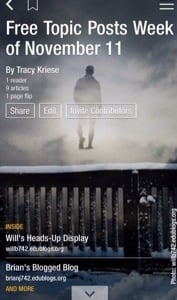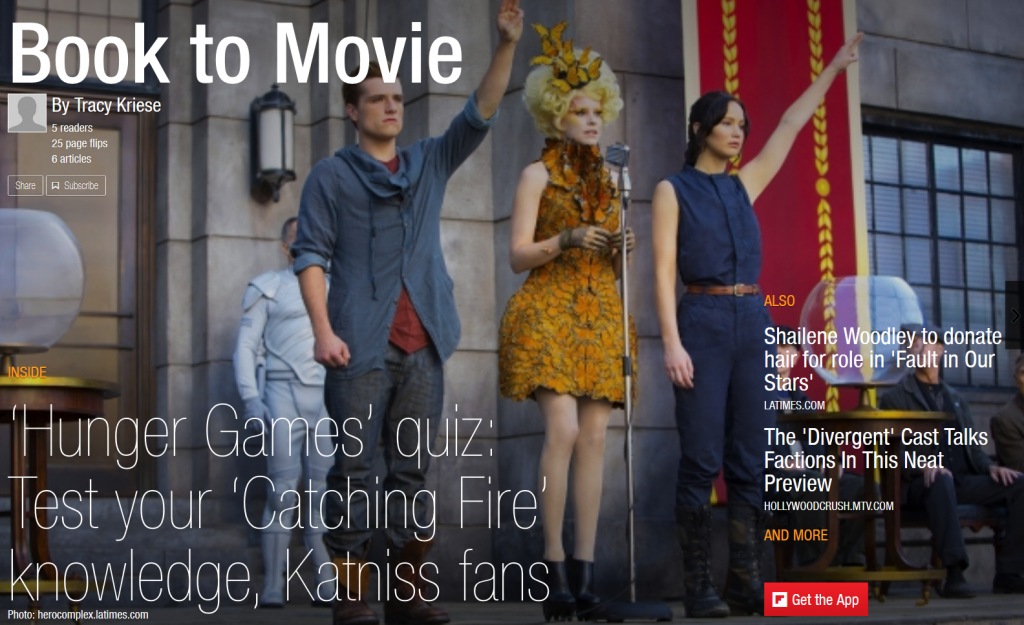Take a look at Charles Dickens’ original manuscript of A Christmas Carol:
Scroll through Dickens’ handwritten manuscript page by page by clicking HERE.
Turn the pages by using the buttons in the upper left corner. Zoom in to more clearly see Dickens’ revisions by using the controls at the bottom of each page.
Notice that even the most talented writers (especially the most talented?) revise their work!
For more background information on Dickens and A Christmas Carol, see the link in the “Explore More” section of this blog’s sidebar.




